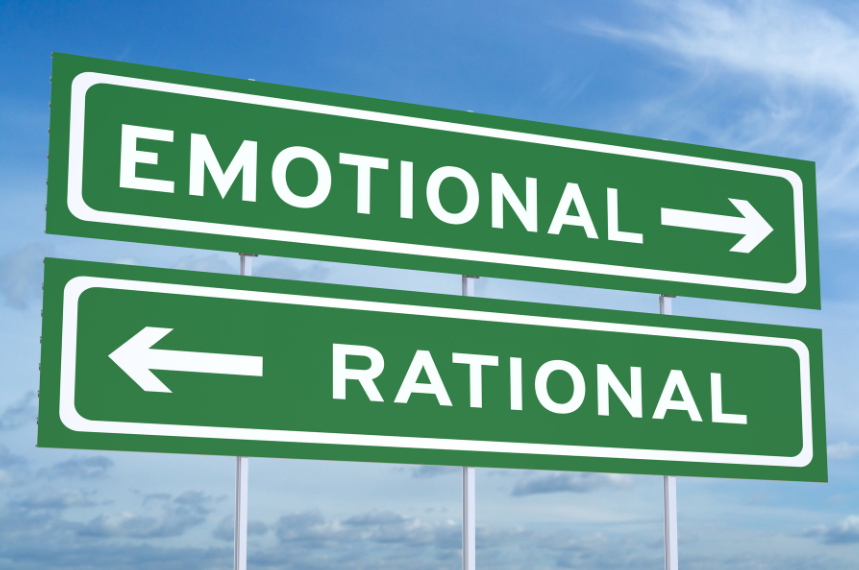In the intricate world of decision-making, our minds are often influenced by various behavioral biases that can lead us astray from rationality. Understanding these biases and learning how to navigate them is crucial in making informed and logical choices in both our personal and professional lives.
Behavioral biases are inherent tendencies or patterns in human cognition that can affect our judgment and decision-making processes. These biases stem from cognitive shortcuts, emotional responses, and social influences that can cloud our ability to think objectively and rationally. By recognizing and acknowledging these biases, we can take steps to mitigate their impact and strive towards making more rational decisions.
One common bias is the confirmation bias, where we tend to seek out information that confirms our existing beliefs or ideas while ignoring evidence that contradicts them. This can lead to a skewed perception of reality and hinder our ability to see the full picture. By actively challenging our assumptions and seeking out diverse perspectives, we can counteract this bias and make more well-rounded decisions.
Another prevalent bias is the anchoring bias, where our decisions are heavily influenced by the first piece of information we receive, even if it is irrelevant or misleading. To combat this bias, it is essential to gather multiple sources of information, consider various viewpoints, and refrain from fixating on a single data point.
Furthermore, the availability bias can lead us to overestimate the importance of information that is readily available to us, such as recent news or vivid memories. This bias can skew our perception of risk and probability, causing us to make decisions based on limited or biased information. By actively seeking out diverse sources of information and considering the broader context, we can mitigate the impact of the availability bias.
Navigating behavioral biases and striving towards rational decision-making requires self-awareness, critical thinking, and a willingness to challenge our preconceptions. By recognizing the influence of these biases on our thought processes, we can cultivate a more objective and logical approach to decision-making, leading to better outcomes and a deeper understanding of the world around us.
In conclusion, understanding behavioral biases and actively working towards making decisions in a rational manner is essential for personal growth, professional success, and overall well-being. By acknowledging the complexities of human cognition and learning to navigate the pitfalls of bias, we can empower ourselves to make informed choices that align with our values, goals, and aspirations.

